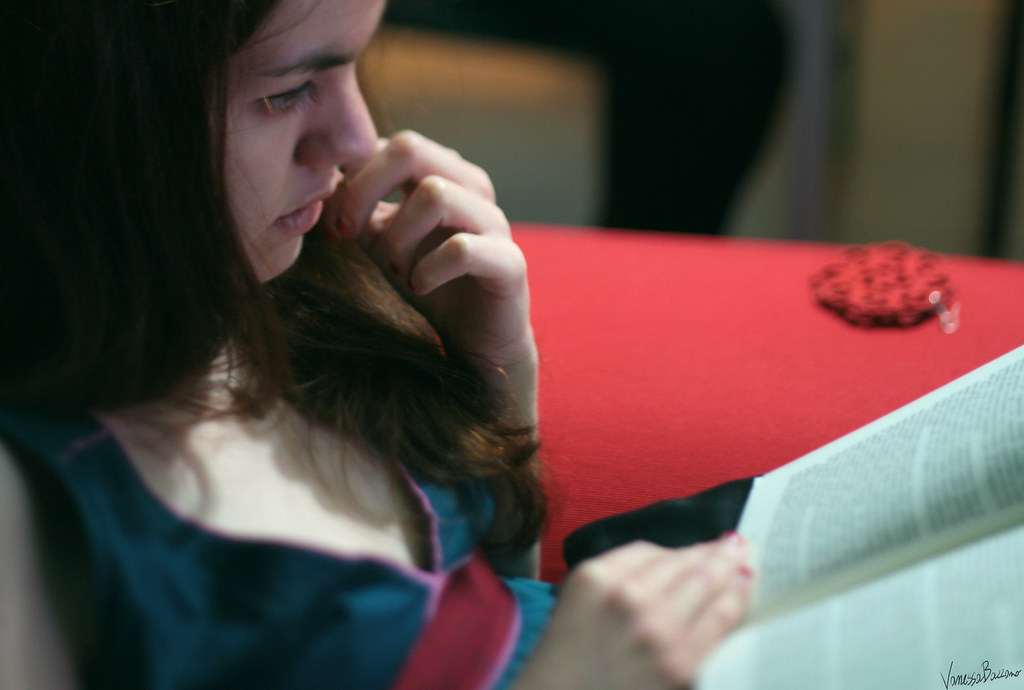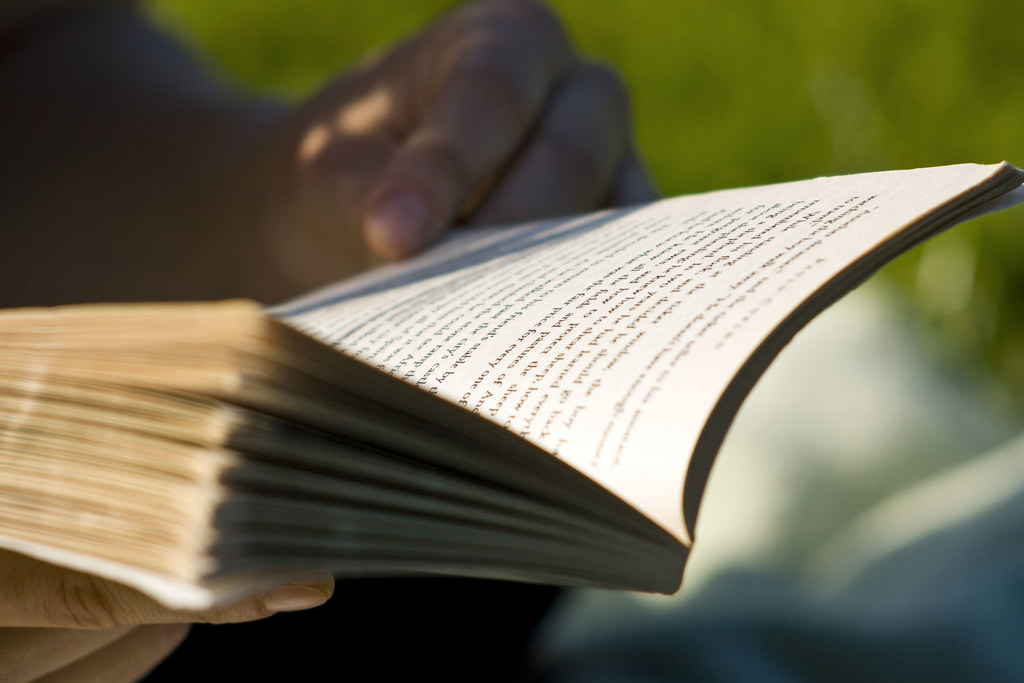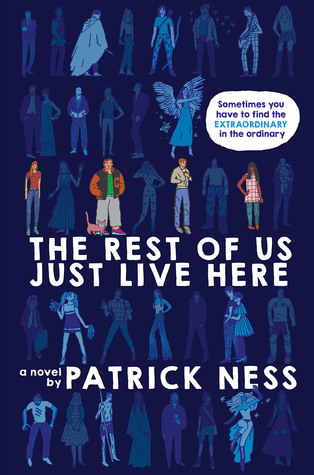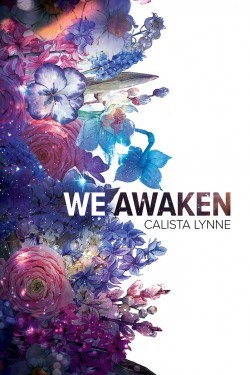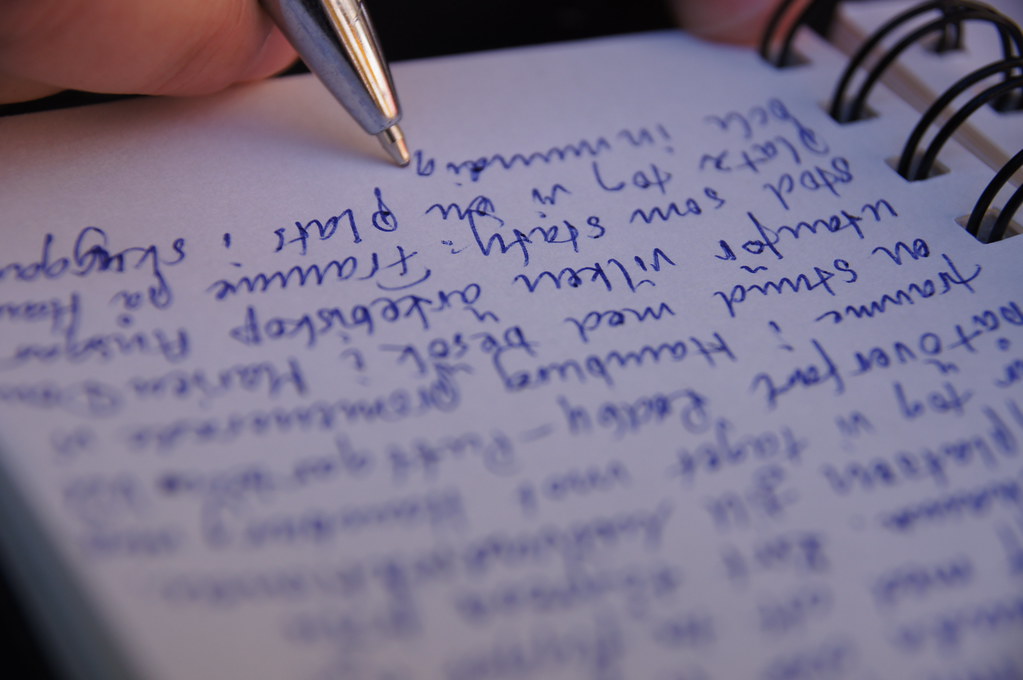So now that
the news is out and I've shared my delight and excitement on just about every platform I have, I can finally talk about writing sequels.
Because for the first time since 2007 when I realized partway through a draft for a sequel for my very first manuscript that said manuscript wasn't going to get published (and good thing), I'm writing a sequel. Have been writing one, actually, since last month.
I've been calling it WIPThing, because until this week I couldn't actually publicly say I was writing a sequel for
Beyond the Red, as the publication announcement for books two and three wasn't up yet. But now it is! So I can talk about what's it's been like to write a sequel thus far, because I am doing that thing.
I'd heard from many writers about the struggles involved in writing a sequel. There's a lot more pressure, as readers are expecting certain things after reading the first book, plus the pressure of any second book sequel or not to perform as well or better than before, plus the trials of writing a book at all, plus deadlines, so yeah, traditionally, sequel-writing has been known to be a difficult thing for writers.
I knew this very well. And I fully expected it for myself.
Plotting, as usual, was difficult. It helped that I already had a basic idea of how things would go and had been thinking about it since, oh, 2013 or so, but actually working out the details of
this happens and
that happens followed by
this thing then
this has always been difficult for me, and this time didn't prove any differently. Plus I had the added pressure of knowing if what I plotted wasn't good enough, my publisher might not want to publish it, so that complicated matters.
Eventually came time to write the first two chapters for the proposal my agent would submit to my publisher. I remember sitting at my computer, looking at the word sprint timer with a blank page in front of me, and that was the moment where I felt that pressure. Where I knew whatever I wrote had to be
really good or it wouldn't get picked up. Slowly, I started writing, and I forced myself not to worry about the quality just yet (because revisions, I knew, would be in a few days, but not right now), and I wrote.
And you know? While I
was scared and while I
did feel the pressure, it also felt really exciting. Because I'd been dying to write this sequel for so long, and now I could finally write it. Or write two chapters of it, anyway.
After the two chapters were done, then came time to revise, trade with critique partners, revise, trade with betas, revise and send it off to my agent. There were a few more revisions after that, at which point I had to put it away and wait for news and focus on something else.
Then in June I got the thumbs up as well as a deadline and the real pressure began. I started drafting, and it was slow at first— my word counts were lower than I liked, but I was slogging through. And even though my daily sprints were taking longer than I wanted, I was still really excited because
I was writing a sequel. And I was having a lot of fun doing it.
Eventually, I hit my stride. I'm now about 61k in, and I've been keeping to my 2k/day goal. Originally I'd planned for this first draft to be around 70k, but my math projections (yes, I know, math) comparing my current word count to the number of scenes I've completed and the number of scenes I have left is projecting the first draft will probably be closer to 86k, which means I may not be done with the first draft by this weekend as I'd originally hoped, but that's okay because I gave myself some wiggle room. But we'll see what happens—I may very well breeze through some scenes with a lower than average word count and finish closer to 70k after all. Or not. (
UPDATE: As of this morning I have upped my word count goal to 85k, which is a more realistic expectation.)
As I've been writing, I've been making mental notes about what I'll need to add in revisions. I write drafts sparsely, often adding an average of 20k words in revisions, so knowing that I've missed some things is fine at this stage. But the more I write, the more I've fallen in love with my characters more and more, and the more I've loved returning to this world with deserts and monarchs and aliens and humans. And it's been so fun to deepen the world, to learn new things about the territories and expand upon what I built in
Beyond the Red.
I'm not done with the first draft, not yet, but I'm proud of it already. It's felt good to finally work on this book that I hoped I'd be able to write for so long. It's felt amazing to reach this milestone, and I'm so delighted I'll get to do it again next year with book three, too.
I know there will be angsty days in the future, days where the pressure feels heavier and scarier and I'm not so sure about what I'm doing. But today I couldn't be happier, and in terms of first drafts, this one has gone pretty smoothly so far.
Sequels are scary, but being able to finally write a book I've been hoping I'd be able to write for over two years is an amazing amazing thing.
Have you ever written a sequel? Do you plan to?
Twitter-sized bite:
On first drafting and writing a sequel for the first time, @Ava_Jae shares her thoughts. (Click to tweet)



